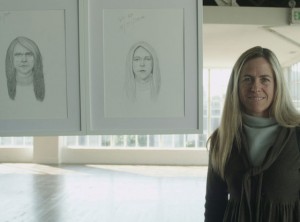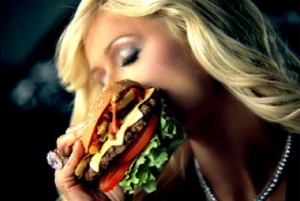

 I have watched a short video that is a part of Dove’s Real Beauty Campaign. Even though I do now really purchase Dove products, I found this video quite empowering, and also a very powerful promotional technique.
I have watched a short video that is a part of Dove’s Real Beauty Campaign. Even though I do now really purchase Dove products, I found this video quite empowering, and also a very powerful promotional technique.
The video revolves around the notion of women’s self-doubt and hatred towards their physical appearance. In the video a trained FBI forensic artist sits behind a curtain and draws a portrait from the self-descriptions of the subject sitting on the other side of the curtain. This results in skewed caricature-esque sketches. However, the artist then draws a second portrait of the women using the description of a stranger that they were asked to befriend earlier which resulted in softer, more realistic portraits.
The video reflects the idea that women obsess over what they perceive as flaws other than their true beauty.
Dove has provided a significant change in redefining the standards of advertising after they created the campaign. I believe that it was a very successful approach and a relatable issue that clearly emphasises the life-changing message that Dove is trying to promote.
“You are more beautiful than you think”
Here’s the link to the video in case you haven’t seen it!
https://www.youtube.com/watch?feature=player_embedded&v=XpaOjMXyJGk
